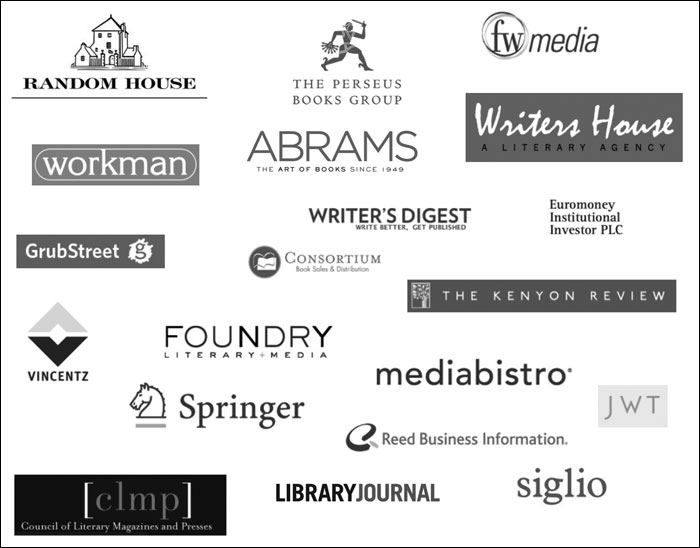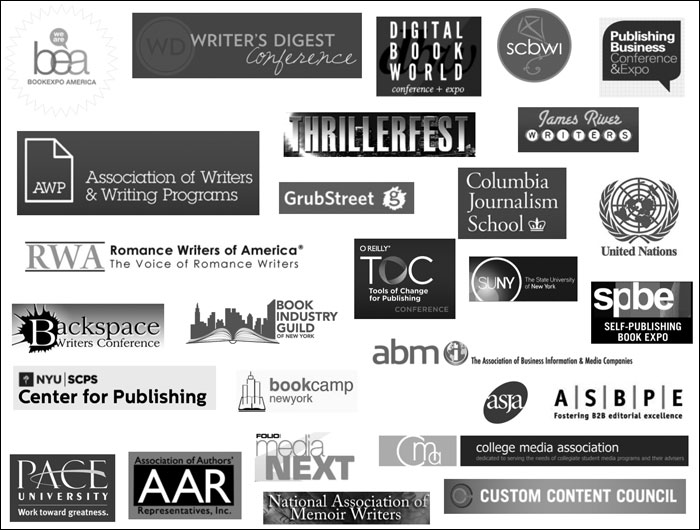My friend Jane Friedman shared a blog post encouraging newer fiction writers to forgo the idea of developing an author platform, in favor of focusing exclusively on the craft of writing.
One writer immediately responded by saying “hallelujah!” So today I want to talk about three things:
- Why Jane is right. But why she may be misinterpreted.
- Why writers are scared of the idea of author platform.
- Why a platform is critical to your success.
Okay, let’s dig in…
Why Jane is right about author platform, but why she may be misinterpreted.
Jane is not saying author platform is unimportant, but rather, she is saying that the conversation around it needs to be elevated. This is a topic for serious authors who are ready to make a commitment to their writing career and establishing connections with readers. For those who are struggling to even find the time and focus to even write, it may be premature to fill up their days Tweeting and blogging.
I feel that Jane may be misinterpreted because authors are frustrated with all that is on their plate. If you only care about the sound byte of “author platform is dead,” then you are only doing yourself a disservice as a writer. You, as a writer, are not off the hook for understanding and developing your audience.
What I find again and again is that many writers are unable to tell an agent, a publisher, or even a friend the following:
- What their comps are – what other books published in the past five years are like theirs.
- What genre or topic the book would be categorized on a bookshelf at a store, or on Amazon.
- Anything about readers beyond vague demographics. Instead of describing what their ideal audience already reads, and why, they opt for broad descriptions of who they hope their audience is. EG: “women between the ages of 13 and 65.” If you think your audience is potentially everyone, then you will not be able to take meaningful steps to actually reach anyone.
Even these three basic elements of describing one’s book stump many writers. And they are inherently tied to author platform – to helping others understand how your book fits into the world.
Why many writers resist the idea of author platform.
Let’s face it: writers are busy. They are likely juggling:
- Their writing time
- A day job
- A family
- Managing a home
- Hobbies
- Other responsibilities to their friends, community and personal life
- The publishing process
Also, there is an emotional component to writing that Joanna Penn recently discussed on her blog: On Writing And The Fear Of Judgment.
So when the topic of author platform comes up, this is often the straw that broke the camel’s back (sorry for making the writer a camel in this metaphor.) And I have a great deal of empathy for that. My days are spent working with writers, and have have helped hundreds of writers find their audience. I live in the trenches with them, and don’t glamorize what it means to be a writer.
Because they are overwhelmed, many writers simplify the concept of author platform to mean surface level tactics such as Tweeting, or Pinning or spamming people on email.
This is an incorrect view of what author platform really is.
Oftentimes, writers put off developing a platform until it is too late to matter for their book. They mistakenly assume that a publisher can magically create a platform for them, or that the author themselves can craft a meaningful platform with readers in the narrow window of thee-months before their book is published.
But developing an author platform takes time. Here’s why…
Why a platform is critical to your success as a writer.
Whenever an author talks about their success, invariably, they talk about the many people who helped to create the book and ensure it found it’s way into readers’ hands.
When I define author platform, these are the two words I use to describe it:
- Communication
- Trust
That as a writer, your author platform is about learning how to best communicate the value of your book, and developing trusting relationships with those who will care about it.
In other words: it is about deep foundational things, not about flippant surface level tactics of promotion.
Jane told me this quote years ago, and to me, underscores the value of developing an author platform:
“The most disappointed writers I know are not unpublished writers, but those who have been published.”
The implication is that upon publication, no one bought their book, and no one cared about their book. They published into a vacuum of their own creation. They didn’t develop the communication channels or trusting relationships that they needed to ensure their book found readers.
No one is more motivated to communicate the value of your book more than you, the author. Why should you consider building an author platform now? Because it takes time to develop meaningful relationships and trust with others.
Should this only be pursued by serious writers? Yes, because this is hard work. Establishing an author platform is about ensuring your book is not just “published,” but finds readers and has an impact in their lives. It is about thinking about a book beyond just an object whose effect is measured by a publication date or a point of sale. That the book is something that lives in the hearts and minds of readers long after it is read.
This is what an author platform delivers.
Why do I feel this way? Because I spend my days working with writers to develop author platforms that truly built an audience for their books. One of the ways I do this is via a course I teach on the topic called “Build Your Author Platform,” where we demystify what an author platform really is. What I find again and again is that writers make breakthrough’s in areas that they have long resisted: understanding who their ideal readers really are, and how you can develop trusting relationships with them.
This type of work is not easy. But it does creates something that many writers dream about: not just having a book with their name on it, but a true connection to readers whose lives you have shaped.
Thank you to Jane for sparking these ideas, and for talking about author platform with the seriousness that it deserves!
-Dan








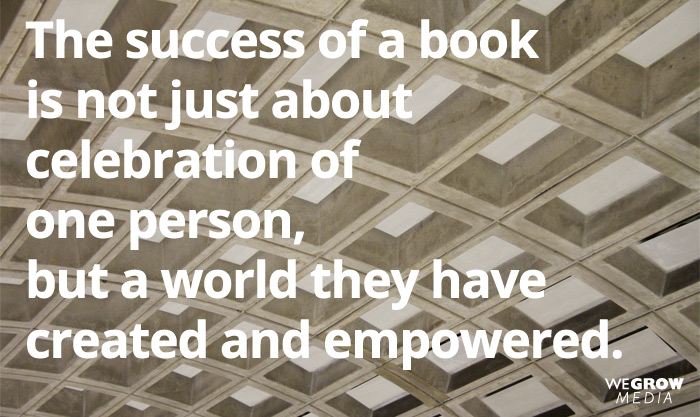
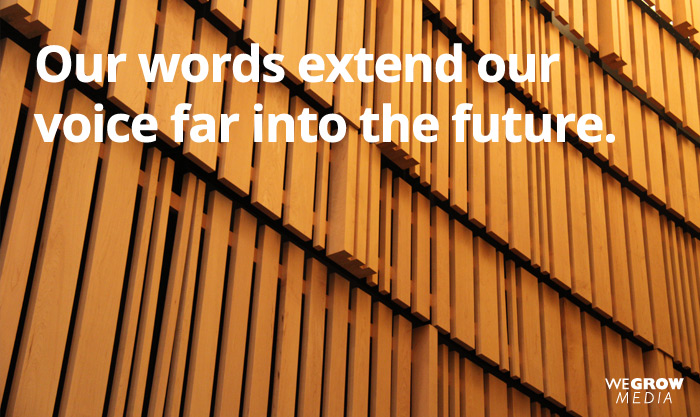
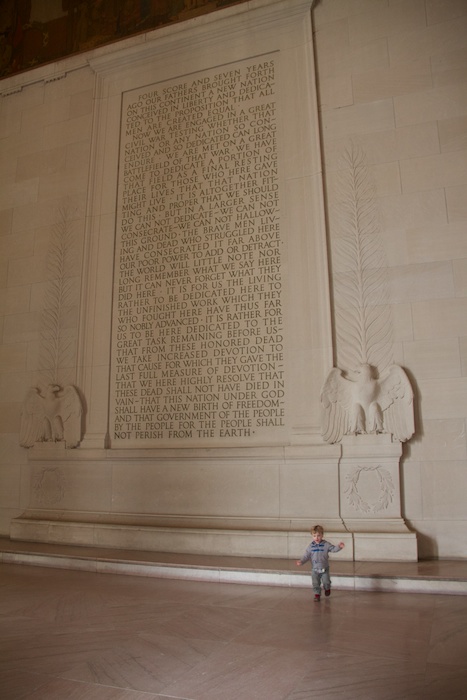
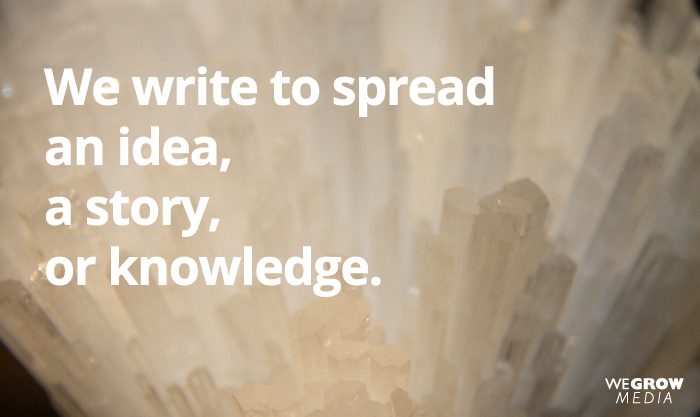
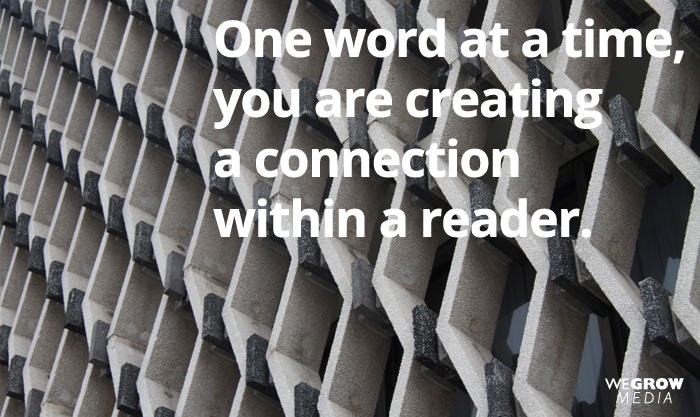
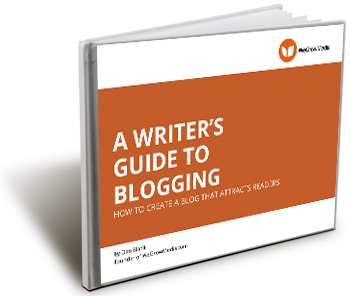
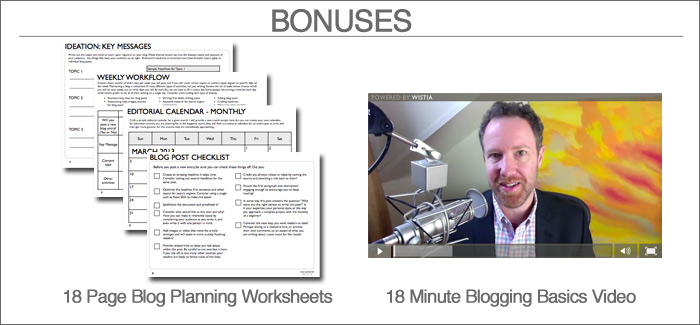

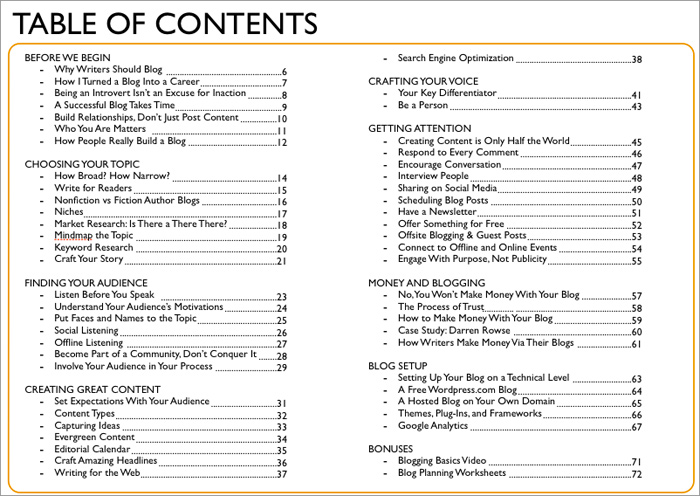
 This ebook, the bonus worksheets and video are guaranteed to supercharge your blog. If you aren’t completely satisfied within 30 days, I am offering a 100% money-back guarantee. There is literally no risk.
This ebook, the bonus worksheets and video are guaranteed to supercharge your blog. If you aren’t completely satisfied within 30 days, I am offering a 100% money-back guarantee. There is literally no risk.  My name is Dan Blank, and I help writers build their platforms, and work with publishers to grow their online communities. I have worked with hundreds of writers to help them develop the skills they need to build and engage their audiences. I have taught courses for Writer’s Digest and Mediabistro, and spoken at many of the major publishing and writing conferences. For my full background, please check out
My name is Dan Blank, and I help writers build their platforms, and work with publishers to grow their online communities. I have worked with hundreds of writers to help them develop the skills they need to build and engage their audiences. I have taught courses for Writer’s Digest and Mediabistro, and spoken at many of the major publishing and writing conferences. For my full background, please check out 